DOCtalk by Dr. Gregg 7/12/13
The Nightmare Just Off Elm Street
SETTING: Nowhere, Ohio. Park Avenue Medical Building and parking lot, just down from Elm Street.
SCENE: A dark and stormy night.
CAM pans from Elm Street and Park Avenue corner street sign to an empty parking lot as rain beats down relentlessly. CAM moves toward the Park Avenue Medical Building. Building windows are dark save for one lit window on second floor. CAM slowly moves toward it. CAM zooms in through rain-drenched window to posterior of a lone man, PROVIDER, hunched sadly over a laptop PC. Lightning strikes and thunder rolls. CAM moves over his shoulder to focus on laptop screen. View of an electronic health record entitled “Extormity” comes into view over PROVIDER’s shoulder.
PROVIDER sighs heavily and sinks even lower into his chair.
PROVIDER
Cripes, even the big ones with all the bells and whistles suck. (PROVIDER sighs again.)
CAM pulls back to reveal a translucent, ghostly figure fading into view several feet beyond laptop, facing PROVIDER.
GHOST
Woooooooooo…wooooooooo. (Chains rattle somewhere OFF CAM.)
PROVIDER barely budges as he wearily looks up to GHOST. GHOST looks a bit dismayed.
PROVIDER
Dude, I’ve been looking at EHR demos for hours every day and night the past six weeks trying to find a new one. You gotta do way better than that if you want any kind of scare factor. I’m pretty much scare-sapped at this point.
GHOST
Aw, man! This is my first gig as a ghost. I thought I had the training down. Shoot, you’re really messing with my new ghost confidence.
PROVIDER
Sorry. I didn’t mean to poo-poo your poltergeisting. It’s just that weeks of going cross-eyed looking at all these EMRs and EHRs and PHRs and PMs and patient portals and all has me fully strained and drained. If you think some booing and chain-clanking are scary, you should see some of these monstrosities.
GHOST
Really? You mean computer stuff? I’m sort of a computer guy…well… I was when I was alive. That’s rather disturbing to hear. Computers should be cool and helpful, not draining. Lemme see. What’s the problem?
GHOST floats through laptop and PROVIDER to stand behind PROVIDER.
PROVIDER
(Shuddering.) Whoa…that was a little freaky.
GHOST
Oh, yeah, that’s a pretty cool part of being dead!
GHOST peers at laptop. He lets out a low, rumbling noise, like a belly growl.
GHOST
Ugh. Really? That’s the state of EHRs these days? I can see why you’re stressed, my man.
PROVIDER
Yeah. Tell me. And this is actually one of the better ones, at least for functionality.
GHOST groans again, a deep, unnerving snarl.
GHOST
You got any others I can see? This is pathetic.
PROVIDER
Sure. (Pulling up another tab on his laptop screen.) Take a look at this one. It’s one of the more popular ones. Well, “popular” at least in terms of sales. Most of the users I’ve spoken with, though, don’t seem to be so impressed.
GHOST
What a mess! Look at all those lines and columns and rows. Looks like the old Windows 95. Look at all that clutter. There’s nothing intuitive about it. This makes it look like EHR folks have learned nothing about user experience measures.
PROVIDER
Yeah. Most keep promising that their “next UI” will be “really awesome,” but few have figured that out beyond a sales pitch. Here’s one that does a little better.
PROVIDER pulls up another tab on the laptop. A more eye-catching EHR pops open.
GHOST
Well, that’s pretty. Sophisticated, clean, looks smart. What’s wrong with that one?
PROVIDER
Not enough “oomph” in the tank. Has a pretty nice UX – nice until you actually have to dig into the meat of care provision matters. Lots of missing functionality. Would takes a ton of time to customize to our needs. And their billing system is pretty woeful. It seems like you can get some of what you want in all of them, but none of them have all of what you want, or even all that you need.
GHOST
Too bad. And too bad I’m dead. If I was still alive I would jump feet first into this. I had no idea the development was so horrendous of such important systems. Electronic health records should be leading the way for IT creativity and functionality. I mean, really, they are at the crux of some of the most important needs for humanity. I can’t believe their design and dev work are so behind the times.
PROVIDER
So, who are you anyway…or who WERE you before you started your new chain-shaking role? How do you know anything about computer UX and UI work?
GHOST
Oh, I forgot. You probably don’t recognize me in un-earthly form. (Extends a ghostly hand.) Hi, I’m… er… I WAS… Steve Jobs.
PROVIDER attempts to shake hands, but hand passes right through.
PROVIDER
Figures. I finally get with somebody who could actually do something about the state of EHRs and he’s a ghost. And not even a very good one. I need a drink.
GHOST
Wish I could join you. By the way, how come you’re not using a MacBook?
From the trenches…
“Maybe I should just pick up that bottle and veg out with you; ignore everything going on around me by getting good and loaded.” – Nancy Thompson in A Nightmare on Elm Street

Dr. Gregg Alexander, a grunt in the trenches pediatrician at Madison Pediatrics, is Chief Medical Officer for Health Nuts Media, an HIT and marketing consultant, and sits on the board of directors of the Ohio Health Information Partnership (OHIP).

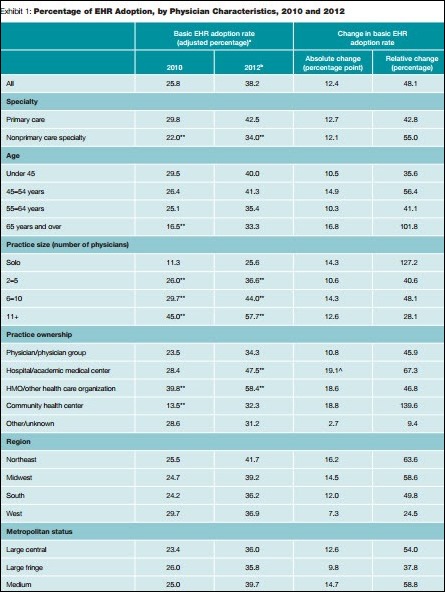





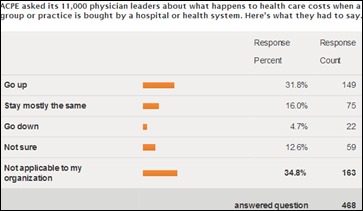
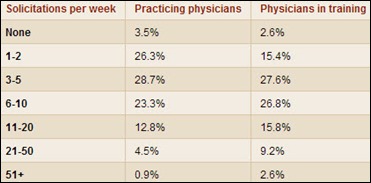

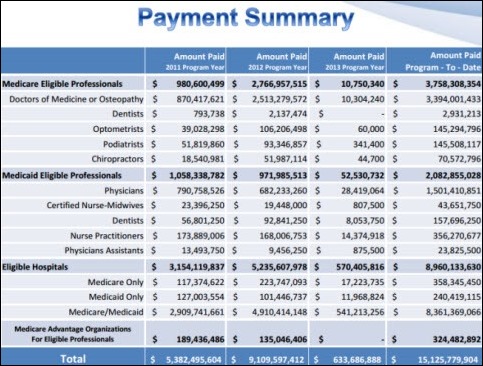
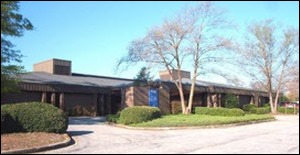
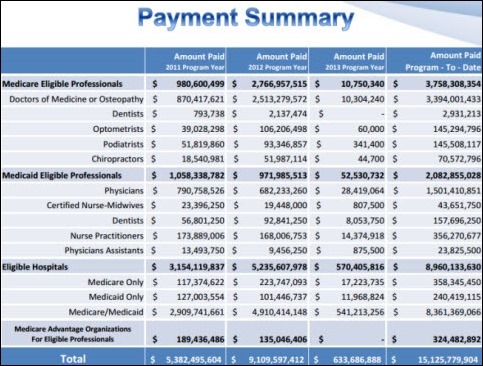



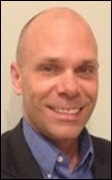
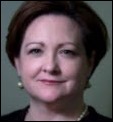
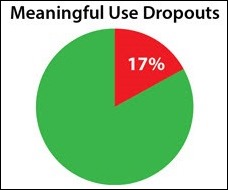
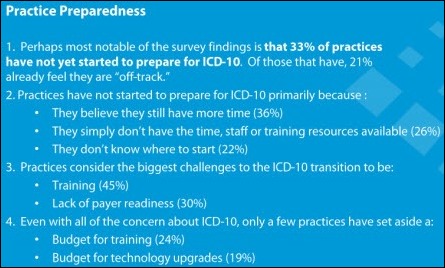

The article about Pediatric Associates in CA has a nugget with a potentially outsized impact: the implication that VFC vaccines…